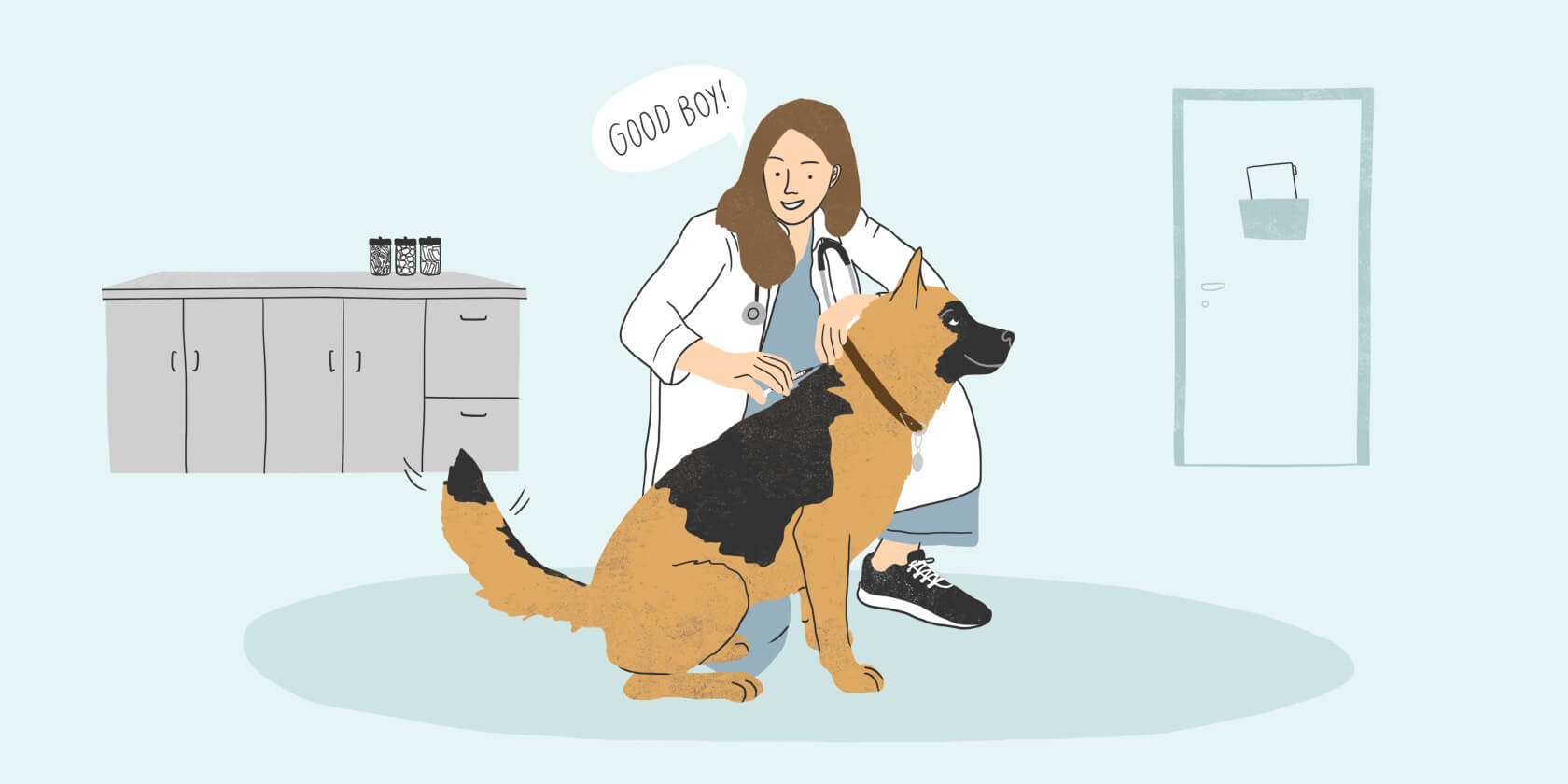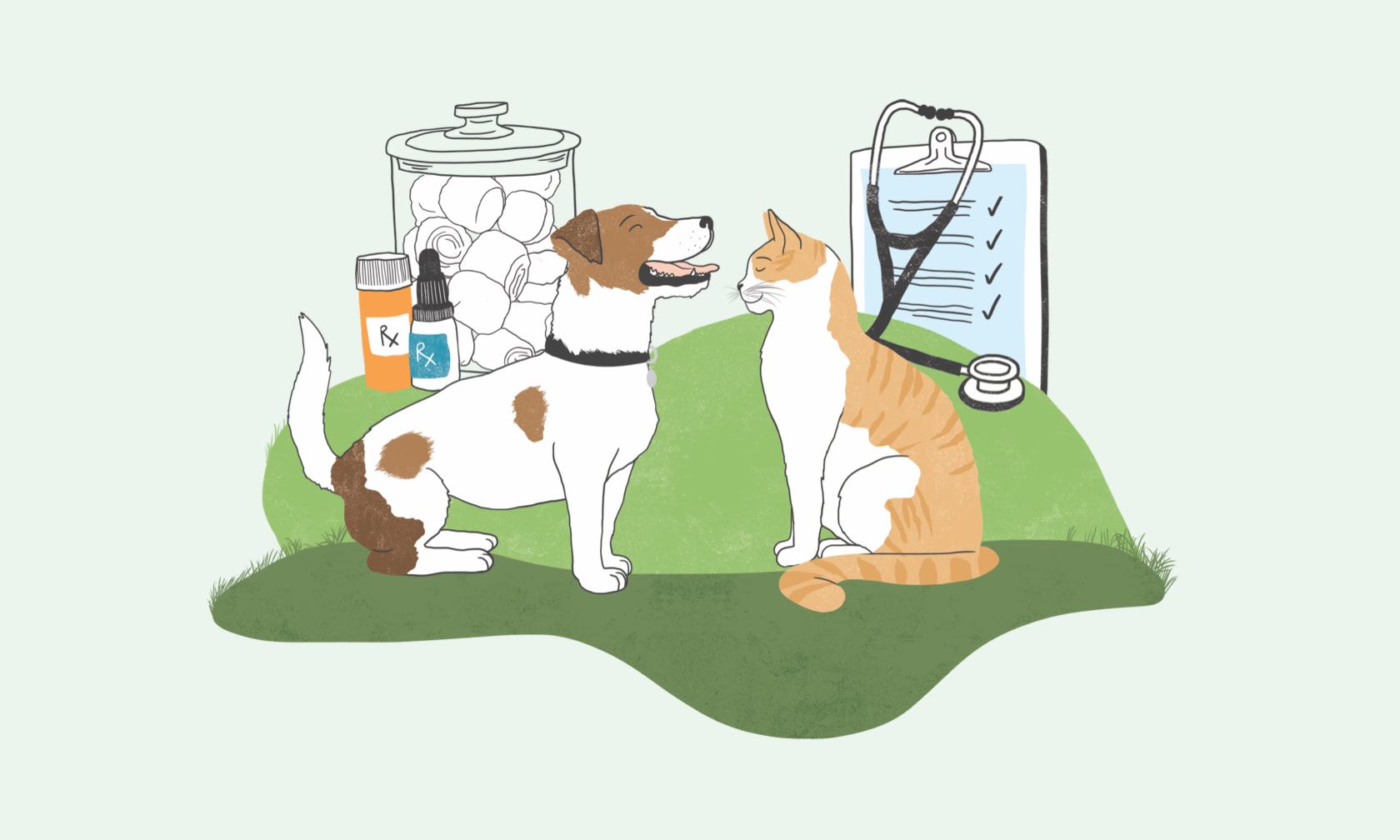It’s difficult to know what to do when your pet refuses to take their pills. Thankfully, some veterinary medicines are also available as chewable tablets, oral drops, topical creams, liquids, or even injectables.
Some pet owners may have trouble getting pets to take their medications, while others may forget to give them on time or at all. For those owners, having other options can provide obvious advantages. You can ask your veterinarian if there is a palatable option, which your pet may find tasty and will consider it like a treat. Alternatively, long-acting injectable formulations may be available.
Injectables can be a convenient alternative to medications in oral form. While injectables need to be given at a veterinary clinic, they can provide significant advantages to you and your pet.

Injectables Ensure That the Medication Is Given
With injectables, you can stop wondering if you or someone else in the family has already given your pet their dose of medication for the day. This also means you don’t have to worry about asking friends, family, neighbors, or pet sitters to give your pet pills while you’re out of town.
Since injectables are administered in the vet clinic, there is less of a delay in therapy and you won’t forget to give your pet medicine when you get home.
Injectables Provide Convenience
There’s no more worrying about giving your pet medications at home or timing them around meals. With injectables, you can avoid the challenges of administering a pill to a non-willing pet or worrying about getting the dosage correct if your pet spits it out when you don’t notice.
Administration of oral medications may be physically or mentally challenging for some owners. Injectable medications can help overcome these potential barriers.
Some Injectables Are Long-Lasting
Some injectables work for days, weeks, or even months, providing longer-lasting options for treatment (e.g., skin infections, itch relief, etc.) and prevention (e.g., heartworm disease).
If your pet needs medications to help treat an infection or other medical condition, ask your veterinarian if there’s an injectable option that might make life easier for you and your pet. If there isn’t, they can always give you tips to help make your pilling problems less of a hassle.
ZPC-00219R2



